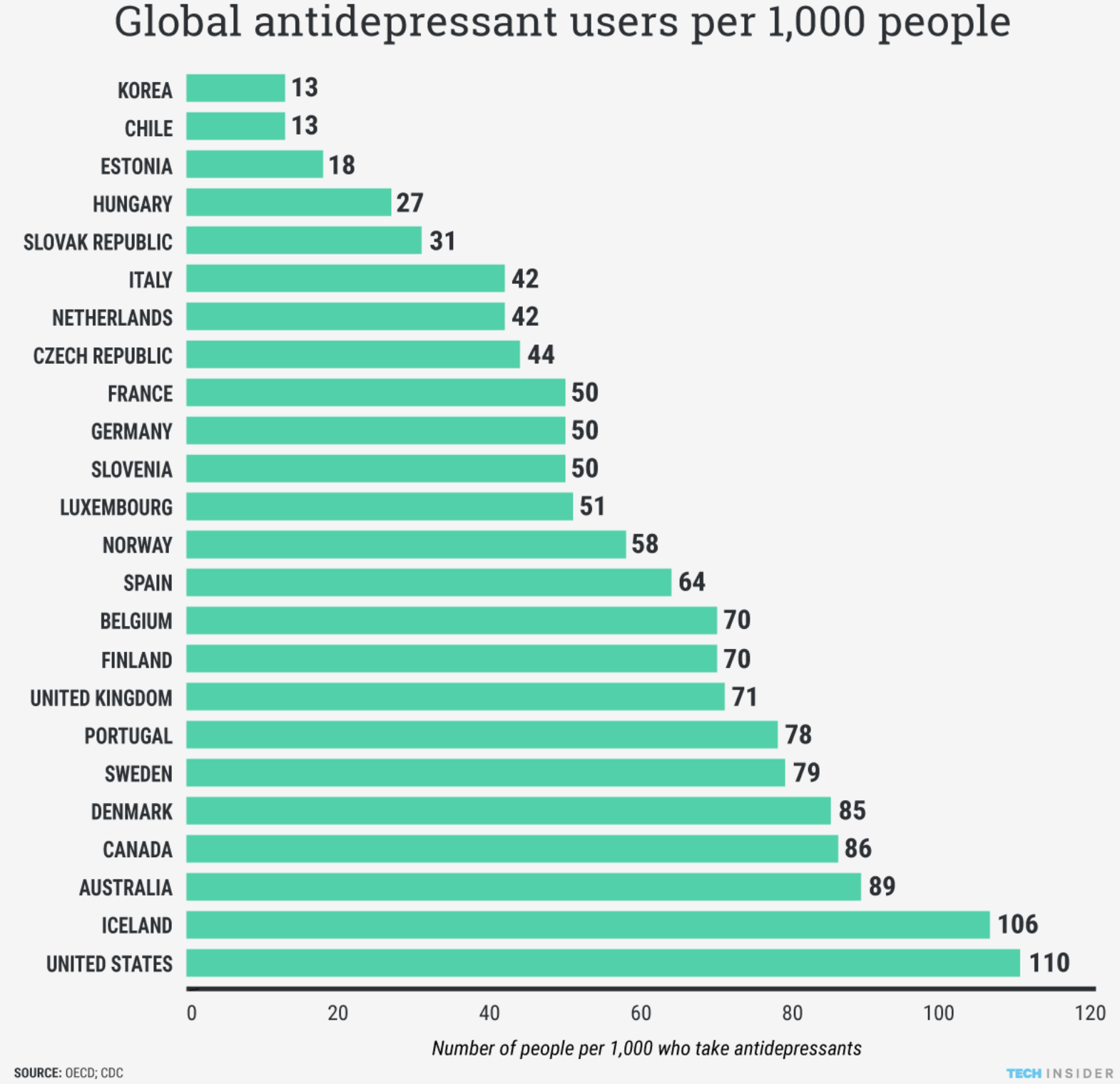
The number of anti-depressants prescribed in Jersey has risen by at least 49% since 2010, with costs for the drugs spiralling to £558,232 in 2016. That's up from £333,589, in the same period.
And those figures, which have been released under the Freedom of Information Law, don't include private prescriptions, only those supported by the States, or drugs prescribed by the hospital.
In total in 2016, 98,347 prescriptions for anti-depressants were issued to approximately 8,190 patients. A spokesperson from the Health and Social Services Department said: “The rise in numbers of anti-depressants prescribed in Jersey mirrors similar increases that have been seen in the UK and other jurisdictions. It is likely that depression is under-reported and has in the past been under-treated. Depression is a very common condition, but now people are beginning to talk more about it and seeking help.”

But Dr Nigel Minihane, the Chair of the Primary Care Body, effectively the Island's head GP, said that the Island compared well with other countries in terms of the number of anti-depressant prescriptions used, and pointed out they were also used for conditions such as chronic nerve pain.
The latest stats would actually put Jersey sixth from bottom of this global chart, between Sweden and Denmark.
Source: Business Insider
Dr Minihane explained that part of the reason for the increase was a change in the dugs GP's were prescribing: "We are moving away from benzodiazepines that can be addictive and cause the patient to be drowsy. We sometimes have to be prescribing those drugs, if only for a short period of time, which is something that the figures do not show."
Dr Minihane also added that there has been a shift in the way mental health is being treated on the Island. "There has been much more emphasis on therapies since Jersey Talking Therapies (JTT) have been introduced. We also encourage our patients more and more to see a psychologist, in addition to or instead of antidepressants."

Chloë Bisson (26), a former chartered accountant, was diagnosed with depression last year. She initially refused to take any anti-depressants but later agreed, in order to have a more "sustained" mood. In January, she launched her personal and professional coaching business through the Three Seas Philosophy.
"The States are doing a lot of work and it's great but there is still a lot of stigma around this, especially in businesses. Unfortunately, the wellbeing initiatives being introduced sometimes feel as if they are there just to tick a box. They need to be used properly and adapted to what employees need. Training could also be provided to managers so that they can spot the warning signs and be more emotionally aware. Coping mechanisms should also be introduced at the school level possibly around 16 or 18, before the students are off to a big jump and a huge change in their lives."
Chloë will be at Hautlieu School next week to talk about mental health and emotional wellbeing as part of their Wellbeing week.
The States of Jersey issued a Mental Health Strategy in November 2015, which they started to implement in 2016. This year has seen the launch of the Jersey Recovery College – a new service that gives Islanders with mental health difficulties, and those who support them, access to education and training opportunities around mental health, recovery and wellbeing.
Comments
Comments on this story express the views of the commentator only, not Bailiwick Publishing. We are unable to guarantee the accuracy of any of those comments.